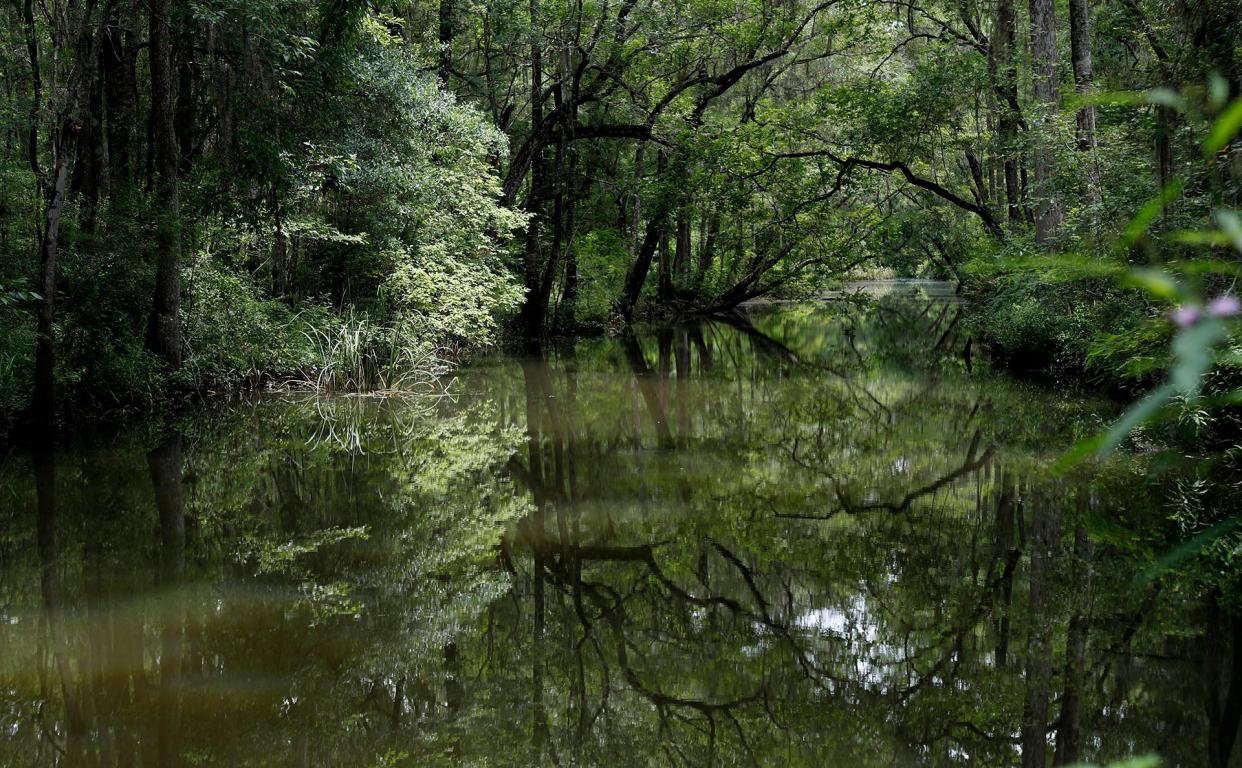Milliken & Company to close Georgia facility held responsible for massive fish kill in 2011

A Georgia manufacturing site that served as the epicenter for a chemical release that killed thousands of fish in the Ogeechee River soon plans to shutter and relocate to another state.
Milliken & Company, which owns a Sylvania-based textile manufacturing facility, is closing that location's doors and moving its operations to South Carolina. It purchased the former King American Fishing plant in 2014.
According to a news release issued Wednesday from the manufacturer, Milliken is moving all production lines to its “expanded and modernized” Magnolia Plant located in Blacksburg, S.C., to grow Westex, its flame-resistant textiles and workwear brand.
While the company is ceasing operations at the facility about halfway between Augusta and Savannah, Milliken said it will retain and maintain the Sylvania property, known as the Longleaf property, for the foreseeable future.
In case you missed it: Georgia poised to allow more pollution in Ogeechee River
More: EPA releases new, preliminary guidelines for 'forever chemical' contamination
Ogeechee River, Okefenokee on Georgia Water Coalition annual ’Dirty Dozen’ list
Milliken & Company has more than 70 locations internationally, and after phasing out its Sylvania location it will continue to operate 10 facilities throughout Georgia.
In 2011, the Sylvania Milliken property was the site of one of the largest fish kills in Georgia history due to a discharge of chemicals including formaldehyde, ammonia, and hydrogen peroxide. According to the Ogeechee Riverkeeper website, about 38,000 fish were killed in a 77-mile stretch of the river.
The Savannah Morning News previously reported that the riverkeeper sued Milliken under the Clean Water Act, resulting in a $2.5 million settlement.
In more recent years, the Ogeechee Riverkeeper tested waters near the Sylvania facility and found PFAS, per- and polyfluoroalykl chemicals often used in flame retardants. The Riverkeeper said Milliken voluntarily agreed to stop using PFAS worldwide by the end of the year.
“It is with mixed emotions that we receive this news, recognizing the long-term benefits to the river while acknowledging the social and economic impacts to the community," said Ogeechee Riverkeeper Damon Mullis. "That said, this removes the primary source of industrial effluent into our river.”
Since Milliken will continue to own the property in the future, Mullis said the Ogeechee Riverkeeper will continue to monitor the status of the discharge as the factory undergoes decommissioning and closure.
“This consolidation benefits our customers with increased capacity and helps us realize key sustainability and operational metrics," said Milliken senior vice president Kevin Brown. "We recognize the valued service of our Longleaf associates and will make every effort to transfer those who wish to stay with Milliken or connect them with alternative employment.”
Milliken announced it will help the location's 260 affected employees transfer to other Milliken locations or place them in competitive jobs elsewhere.
Additionally, Milliken noted that the consolidation will not affect any other Milliken locations in Georgia and does not signal any other production line changes.
Marisa Mecke is an environmental journalist. She can be reached at mmecke@gannett.com or by phone at (912) 328-4411.
This article originally appeared on Savannah Morning News: Milliken closes manufacturing location between Augusta and Savannah

